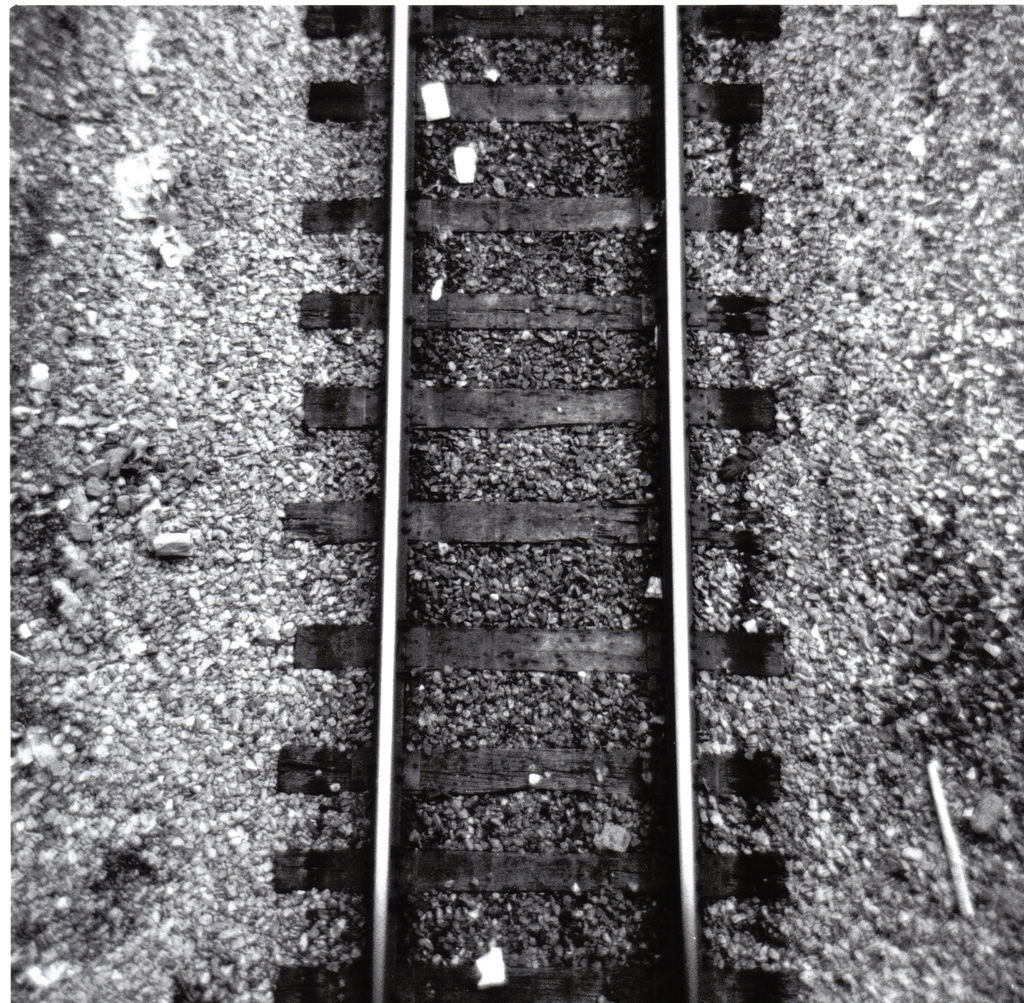In the last post, I wrote about getting out of a rut. Today I’m looking at the benevolent first cousin of the rut: the routine and how a routine can act like a high-speed rail to creating amazing things. As always, this is one of those ‘it worked for me, it might work for you, too’ things. Assume I may be full of shit and that your mileage may vary.
When I was a younger man, I thought routines were for old people. The best way to spend my time, I believed, was in random, spontaneous ways. I would do things when I had the time, the inclination, or the motivation.
While I managed to read almost everything on the internet circa 2001, I didn’t create much; a few songs and some stories, but not much else.
Fast forward a few years. I was living in Korea, eating kimchi for breakfast and teaching English for my dinner.
Durng my year in Korea, I finished two novel drafts, wrote and submitted a five stories (still waiting on responses, fingers crossed), sold a couple articles, learned the fretless bass, wrote a notebook full of song ideas, and built the best damn blog in the world.
I’m not bragging (much), but I managed to do more writing in one year than I did in the past five years combined. Yes, my accomplishments are modest, even trite by some folks’ standards, but for me as a writer, last year rocked my argyle socks.
How did I do it?
The answer will amaze you. Drum roll…
I did the same damn thing… almost every single day. I developed a simple routine and followed it. That’s it.
Sometimes things came up, but most misty mornings I sat at my desk for a couple hours and worked on whatever happened to be on my project list.
No secrets. No tricks. No magic productivity formulas (though lists help). Okay, actually, this is a bit like the secret of creative inspiration…but only more so.
Why is a routine effective?
Routines are to creative output as rails are to train tracks. Routines allow you to move forward. When your routine becomes well defined, it’s almost like a maglev train. Less friction allowes you to maintain your creative inerta. Occasionally you’re have derails. Other times you’ll find yourself on a siding or even in a rut, but you can always rebuild your momentum.
Other reasons routines are effectve
- You never need to find time. Your time is already set aside. You know how you need to spend it.
- Doing the same thing at the same time allows you to get into the creative/working mindset that much faster.
- As long as your challenges increase with your skill, you’re creating conditions for more regular Flow experiences.
- For me, when I have a clearly defined routine, I know exactly when I should be working and when I can screw off.
How can you develop a routine?
- Identify the times you like to work/create and set a clealy defined boundry around that time. Guard it jealously.
- Stick to it. A routine becomes easier the longer you do it.
- Don’t procrastinate.
That’s it! Nothing difficult, just a little work applied over a long period of time to develop a routine.
Of course, ideas will come at odd times.You’ll have flashes of insight and inspiration, but I believe with a regular creative routine, you’ll have even more of these. Hopefully you’ll have a notebook to catch them.
If you still have doubts, try an experiment. For one month, stick to a routine. Nothing hard here. Do the same the at the same time most days of the week. Then, for the next monh, just do your creative work whenever you feel like it.
During both months, keep track of your output. At the end, compare them. If a routine doesn’t help you, send me an email and call me a fool. If your routine does work, then you may lavish praise upon me in the comment section.
Finally, I’d love to fill this post with examples of the routines of famous creators, just to add some credibility to this post. However, I’m at an internet cafe in Cambodia. Electricity is provided by a rickety generator out back, and I have no idea how long it’ll hold out.
Over to you
- Do you have a creative routine?
- Any before-and-after stories?
- Do you know your favorite [author, musician, painter]’s routine?
- Is a routine the antithesis of creativity?
Photo credit: ansel_mcadams


Comments on this entry are closed.
But how on earth do you keep to a routine even for a day when your determination and willpower gene was removed at birth? I have a routine mindmap; every day I look at it and every day I do something else instead: my actual routine is driven by a rigid determination not to follow my routine. Only a frighteningly imminent and real deadline forces me to write. If it’s not real and not imminent, I drift away thinking there is plenty of time. Which is fine for a twenty minute talk; for a 70,000 word thesis it is becoming problematic. Any ideas?
Hello Peter, welcome back. Your rigid determination not to follow a routine” made me laugh, sorry if it was inappropriate.
Maybe you could set daily word count goals, make that part of your routine. I do better when I am for 2,000 words a day rather than just 2 hours of writing. In fact, daily word counts are a part of my routine. I finish a lot sooner and have more time to screw off. Break that 70,000 word thesis into small chunks, chapters, sections, however you want to organize it.
Aside from that, I hear there are great advances in gene therapy. Wonder if they have one for determination and willpower…
Best of luck!